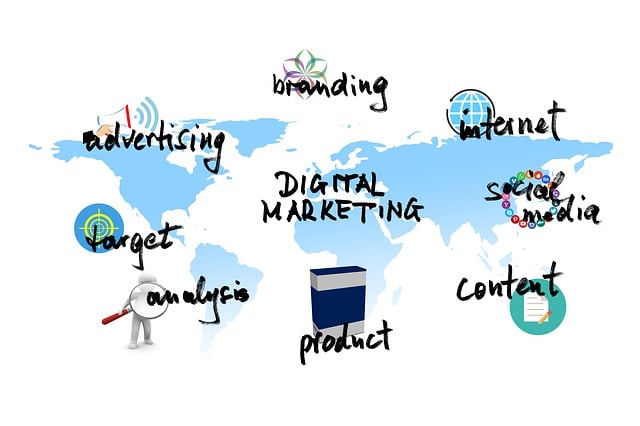AI self-service kiosks are revolutionizing customer interactions across sectors by combining machine learning (ML) and natural language processing for personalized experiences. These intelligent machines handle tasks autonomously, learn from user interactions, and adapt to preferences, freeing human staff for complex issues. Through continuous learning, ML-enhanced AI kiosks offer significant competitive advantages, driving operational efficiency, data-driven insights, and customer loyalty in industries like retail and healthcare.
In today’s digital era, AI self-service kiosks are transforming business operations by enhancing customer interactions. This article delves into the potential of these innovative solutions, exploring how machine learning (ML) can significantly improve kiosk functionality. We’ll discuss understanding AI self-service kiosks, the pivotal role of ML in tailoring user experiences, and developing custom ML models to unlock businesses’ full potential through enhanced interactions.
- Understanding AI Self-Service Kiosks: Unlocking Business Potential
- The Role of Machine Learning in Enhancing Kiosk Functionality
- Developing and Implementing ML Models for Customized Kiosk Interactions
Understanding AI Self-Service Kiosks: Unlocking Business Potential

AI self-service kiosks are transforming the way businesses interact with customers, offering a range of benefits that drive operational efficiency and enhance customer experiences. These intelligent machines leverage machine learning models to provide personalized interactions, allowing users to perform various tasks autonomously. By integrating AI capabilities, kiosks can understand natural language queries, offer contextually relevant recommendations, and adapt to individual user preferences. This not only reduces the burden on human staff but also enables them to focus on more complex issues.
The potential of AI self-service kiosk enhancements is vast. They can be deployed across industries, from retail and banking to healthcare and hospitality. Through continuous learning, these kiosks can evolve to cater to a broader spectrum of customer needs, ensuring that businesses stay competitive in an increasingly digital landscape. This technology promises not just convenience but also data-driven insights that can inform business strategies, ultimately driving growth and innovation.
The Role of Machine Learning in Enhancing Kiosk Functionality

The integration of Machine Learning (ML) algorithms into AI self-service kiosks has revolutionized their functionality, enabling them to go beyond simple transaction processing. ML models can analyze vast amounts of customer interactions and data, providing insights that lead to enhanced user experiences. By learning from user behavior patterns, these intelligent kiosks can predict preferences, offer personalized recommendations, and adapt their interfaces dynamically. This level of customization improves customer satisfaction, encourages longer engagement times, and increases sales or service utilization.
Furthermore, ML-powered kiosks can continuously improve their performance over time. They can identify issues, learn from errors, and make real-time adjustments to ensure accurate and efficient operations. These enhancements not only streamline business processes but also create a more intuitive and user-friendly environment, fostering customer loyalty and driving business growth in various industries, from retail to healthcare.
Developing and Implementing ML Models for Customized Kiosk Interactions

Developing and implementing Machine Learning (ML) models for customized Kiosk Interactions is a strategic move to enhance customer experiences in various industries, especially with AI self-service kiosks gaining popularity. These ML models can analyze customer behavior, preferences, and interactions to provide personalized recommendations, assistance, or services. By learning from user data, the kiosk’s interface can adapt to individual needs, making transactions faster, more efficient, and tailored.
For example, a retail store could use ML to predict customer purchases based on their browsing history, allowing the kiosk to offer targeted product suggestions. This level of personalization not only improves customer satisfaction but also increases sales potential. Moreover, these models can continuously learn and evolve, ensuring that the kiosk interactions remain relevant, engaging, and aligned with evolving consumer trends and behaviors.
AI self-service kiosks have the potential to revolutionize how businesses interact with customers, offering enhanced experiences through machine learning. By leveraging ML models, companies can develop customized interactions that cater to individual user needs. This not only improves customer satisfaction but also drives operational efficiency. As the technology continues to evolve, embracing these AI enhancements is crucial for staying competitive in today’s market.
